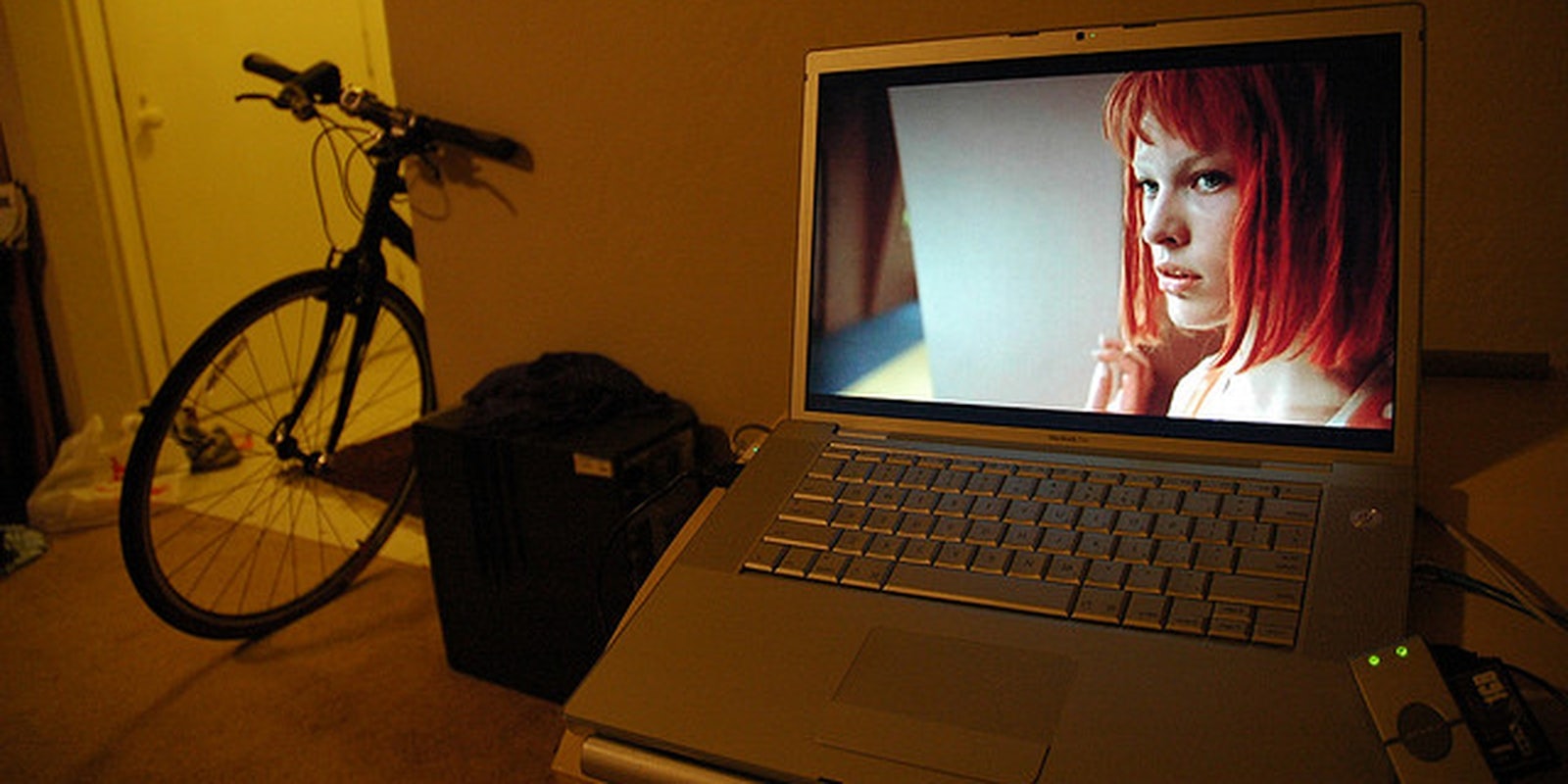BY BREE BROUWER
You may want to hold off on pressing the “continue watching” button when it pops up during your favorite Netflix show. A new study from researchers at the University of Texas Austin have found lonely and depressed people are more likely to binge-watch television shows than those who aren’t.
The study, titled “A Bad Habit for Your Health? An Exploration of Psychological Factors for Binge-Watching Behavior,” was conducted and written by Yoon Hi Sung, Eun Yeon Kang, and Wei-Na Lee. These researchers surveyed 316 18- to 29-year-olds on how often they watched TV, how often they binged TV shows, and how often they felt lonely, depressed, or incapable of controlling their actions.
Sung, Kang, and Lee found a correlation between those participants who were more inclined to be lonely or depressed and binge-watching television episodes. These people tended to use bingeing as a way to distract them from negative feelings. Additionally, the UT Austin study linked certain cases of obesity and health problems, as well as a lack of self-control, to binge-watching TV.
Sung said in a release that even though some people see binge-watching as harmless (like 73% of Netflix subscribers do), he and his colleagues’ study “suggest that binge-watching should no longer be viewed this way.”
“When binge-watching becomes rampant, viewers may start to neglect their work and their relationships with others,” explained Sung. “Even though people know they should not, they have difficulty resisting the desire to watch episodes continuously. Our research is a step toward exploring binge-watching as an important media and social phenomenon.”
Sung, Kang, and Lee will present their entire findings during the 65th Annual International Communication Association Conference taking place in Puerto Rico from May 21-25, 2015.
Photo via Wonderlane/Flickr (CC BY 2.0)


